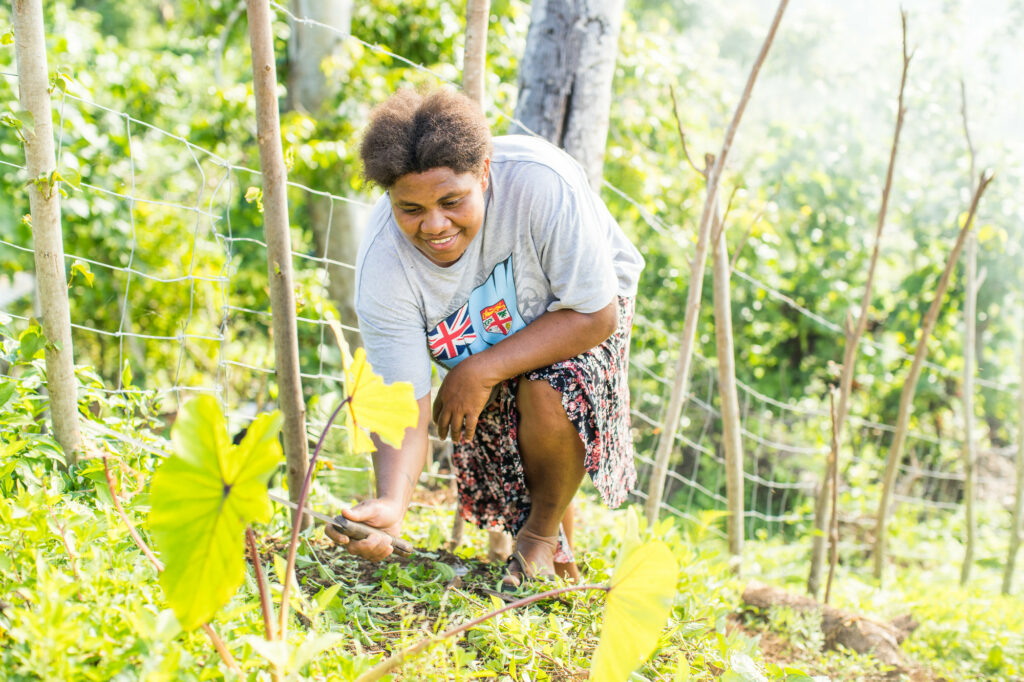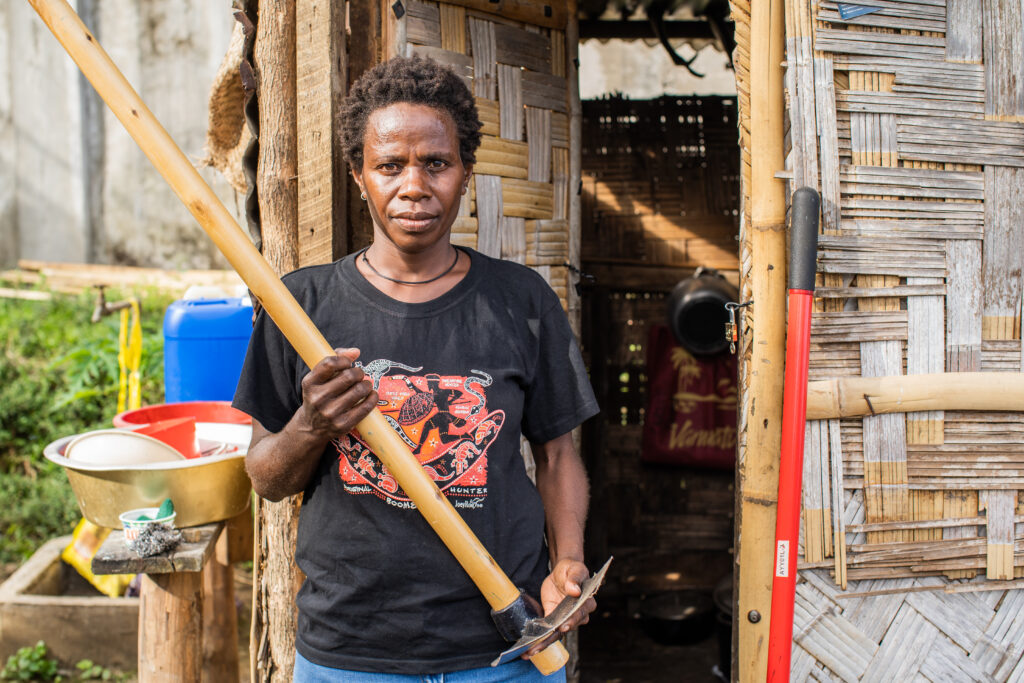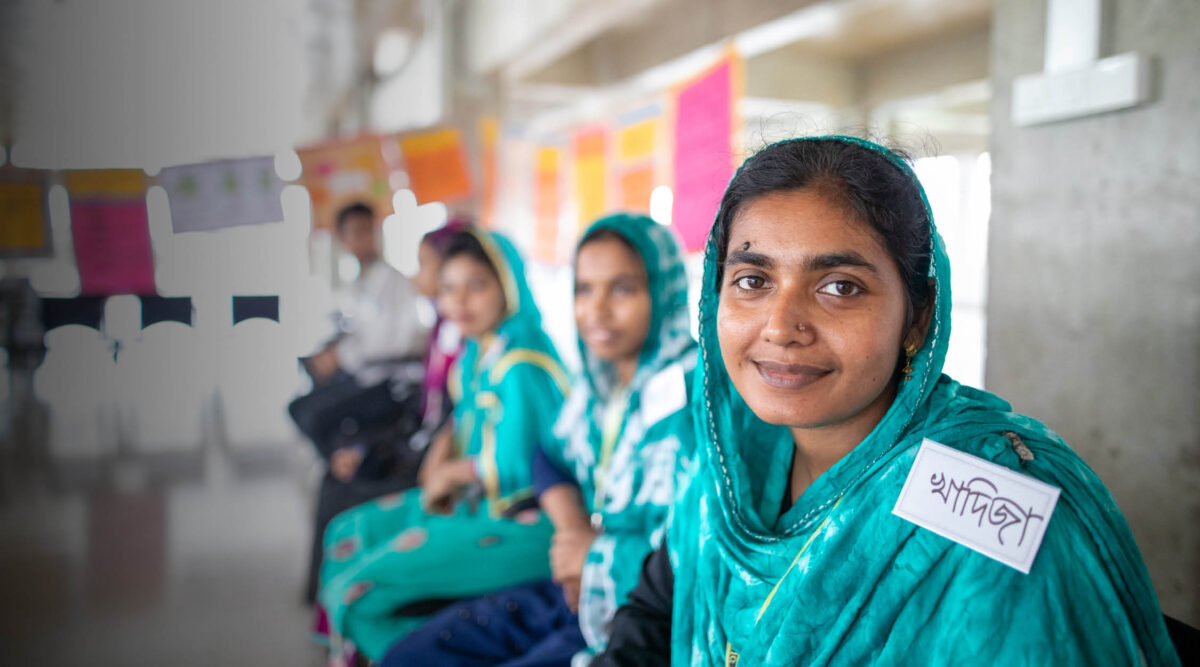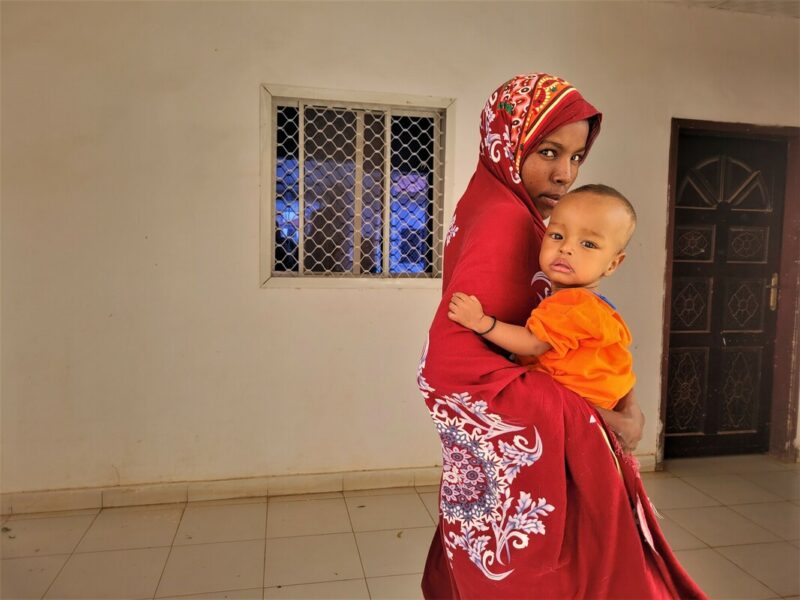Donate to help those who need it most.
Donate to help those who need it most.
Helping communities adapt to climate change
Climate change is set to push an additional 132 million people into poverty by 2030. People who have contributed least to global warming are already feeling the effects the most and being left to deal with the consequences.
It’s not fair. But with your support, women and other marginalised people living in poverty don’t have to pay the price for human-caused global warming.
The Issue
A farmer who has finally earned enough money to send her child to school suddenly loses all her crops in a flash flood. A family who has lived in their village for generations is forced to flee their home due to conflict over scarce natural resources. A community who has only just finished rebuilding their homes after a disaster are once again devastated by a cyclone.
What does tackling climate change have to do with defeating poverty? Everything.
Because any advances that people living in poverty have made in their lives can be instantly wiped out by the impacts of climate change. And unlike most of us in Australia, these people don’t have insurance or savings or government safety nets to fall back on when disaster strikes.
Women and girls are especially at risk. As the ones often tasked with growing the food and collecting the water for their households, they bear the biggest burden when those resources become scarce. They are also more likely to die during a humanitarian crisis than men, and those who do survive face an increased risk of sexual and physical assault.
Fast Facts
The Solution
Even if the world’s biggest polluters significantly reduce their emissions within this decade, we will still be living with the consequences of climate change for years to come. That’s why we must support communities to adapt to the changing climate.
This means diversifying food production and income, so they always have a backup. It means introducing drought-resistant seeds, climate-resilient livestock and water-saving technologies. It means investing in community-based early warning systems and supporting governments to improve their disaster forecasting and climate policies. And it means elevating women into leadership roles, so they can advocate for women’s needs before, during and after a disaster.
By working collaboratively with women-led organisations and drawing upon local and Indigenous knowledge of the land, we can prevent climate change from pushing more people even deeper into poverty.

Listen up to those in the know
Roslyn lives on Pentecost Island, a remote community in Vanuatu, which is especially vulnerable to climate disasters. When Tropical Cyclone Harold struck in April 2020, Roslyn’s house, family and friends were safe. The reason: Roslyn knew how to save lives.
As a member of the Community Disaster and Climate Change Committee — established by CARE Australia’s partner organisation, the Vanuatu Christian Council — Roslyn has learnt the steps required to prepare for, survive, and respond to disasters.
“I told everyone, ‘now we must get ready! Put the rocks on top of the houses! Get your torches ready! Check around your house to see what trees are close to the house and cut them down!’”
Around 17,000 houses were destroyed by Cyclone Harold that night, but not the one Roslyn had gathered everyone in.
In the morning, Roslyn immediately began assessing the needs of her community and repairing the damage. She distributed forms from the National Disaster Management Office, and organised deliveries of food and equipment to come from the mainland. When the CARE team arrived soon after with emergency supplies, it was Roslyn who directed the distribution.
CARE works with women like Roslyn all over the Pacific, because when women lead, everybody benefits.



